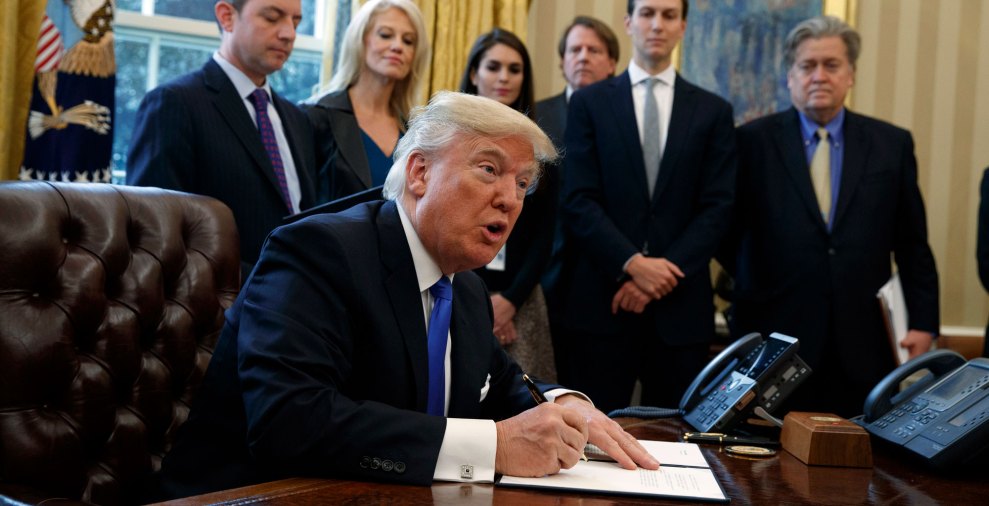Browsing through news reports over the past few days, it seems that the Republicans still aren’t giving up on their push to privatize Social Security: “[Sen. Chuck] Grassley said he wasn’t ready to abandon efforts to pass Social Security legislation — President George W. Bush’s top domestic priority — though he acknowledged it would be an uphill battle. ‘I’m not going to give up on personal accounts until the last minute,’ he said.” Are they serious? They really want to have this battle again? This fall? Why?
One theory might be that Bush thinks that a smooth confirmation process for John G. Roberts will help him gain some of that “momentum” he reportedly believes is so important to governing and passing legislation. I’ll leave that conjecture to those better equipped to probe the devious inner workings of Karl Rove’s mind. Alternatively, though, one should note that 2005 is really the last, best chance for privatizers to act and gut Social Security. Why? It’s all in the numbers, and Bruce Webb explains it well over at his blog. Basically, the Social Security Trustees have been consistently predicting low productivity growth over the past four years, which has in turn helped them write annual reports that predict massive actuarial imbalances for the program 30 years down the line. Happily, though, here in the real world we’ve had very high productivity growth over the past four years, which suggests that the long-term outlook for Social Security is in reality much better than the Trustees’ “Intermediate Cost” projections imply. (And the administration knows this—in fact, the FY2006 budget predicted much rosier growth numbers for the future than even the Social Security Trustees’ most optimistic numbers.)
At some point, and probably as soon as next year, the Trustees’ will have no choice but to revise their projections to reflect the robust growth we’ve actually had. When that time comes, the public will be able to see very clearly that the long-term outlook is better than we’ve been led to believe and Social Security is not, in fact, in the throes of a crisis requiring drastic measures or privatization. The alarmists will all be exposed come 2006 or so, and it really is Custer’s Last Stand right now. That may well explain why Grassley’s aiming for a big push come October.















